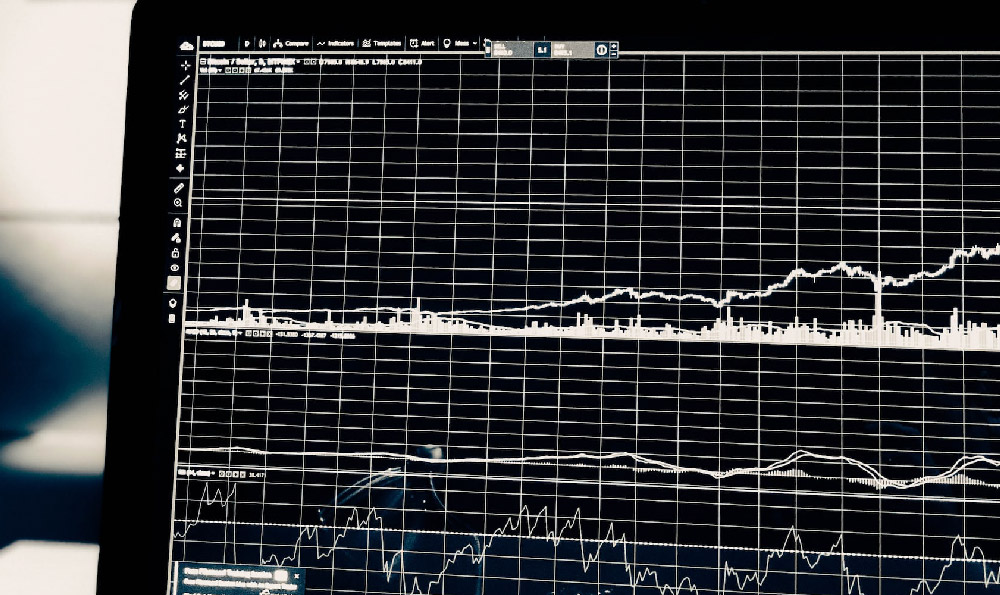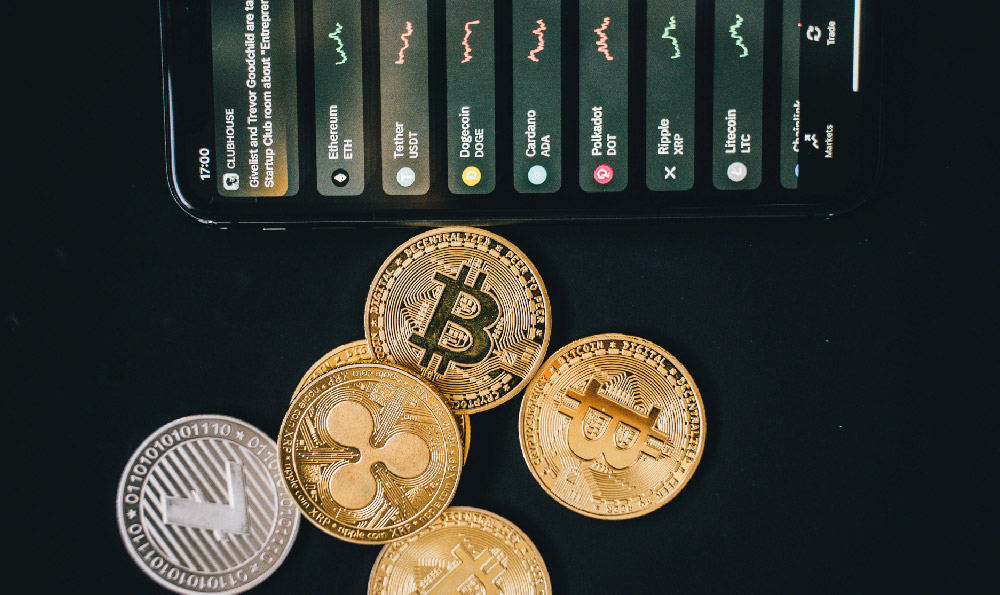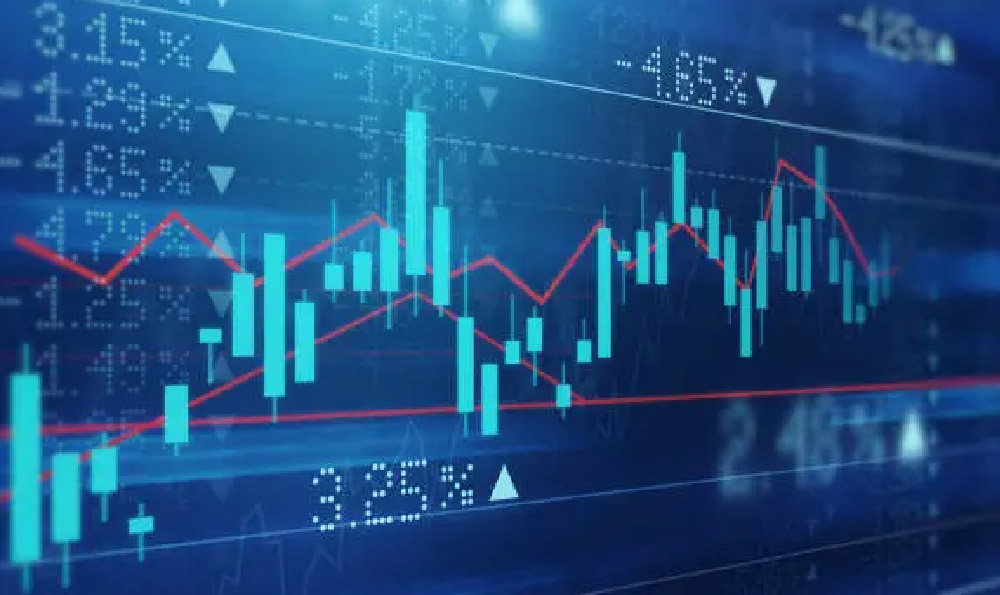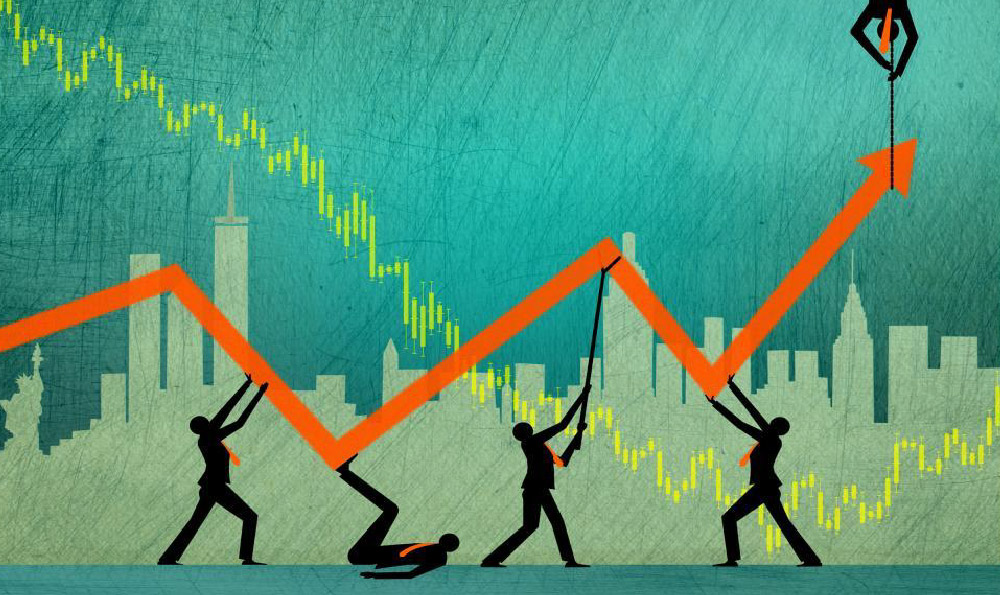Should I Buy XRP Now, or Should I Wait? - Keepbit Platform
The question of whether to buy XRP now or wait is a complex one, fraught with potential rewards and significant risks. Unlike traditional assets, the cryptocurrency market is notoriously volatile, influenced by factors ranging from regulatory scrutiny to social media sentiment. A prudent approach requires a deep dive into the current market dynamics, XRP's specific circumstances, and a realistic assessment of your own risk tolerance.
Understanding the Current Market Landscape
Before considering XRP specifically, it's crucial to understand the broader cryptocurrency market. Bitcoin, as the flagship cryptocurrency, often sets the tone for the rest. Its performance, influenced by macroeconomic factors like inflation and interest rates, can have a ripple effect across the entire crypto ecosystem. Ethereum, with its smart contract capabilities, also plays a significant role, particularly in the decentralized finance (DeFi) and non-fungible token (NFT) spaces.
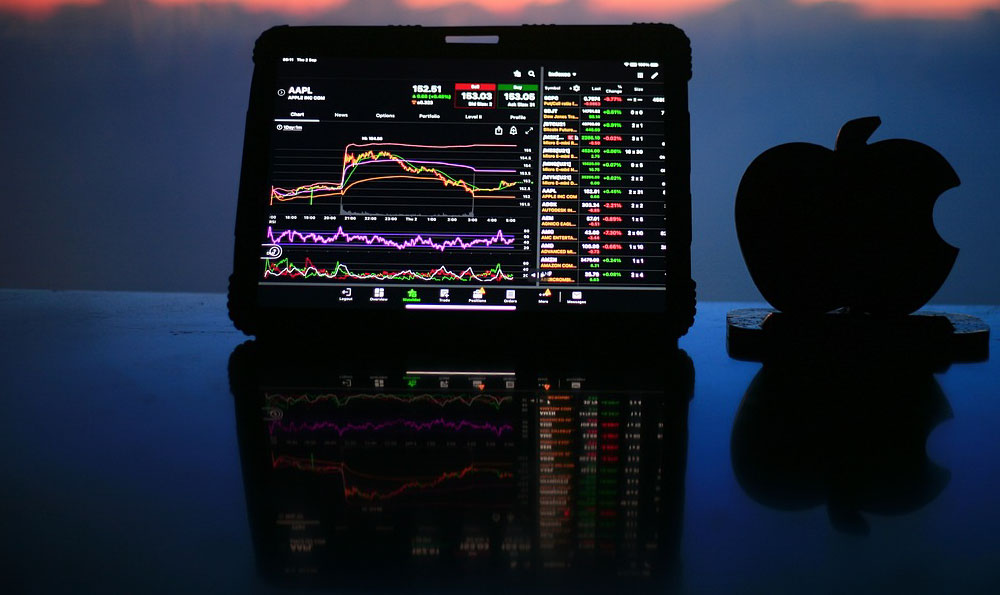
Analyzing these leading indicators can provide a general sense of market sentiment. Are we in a bull market, characterized by rising prices and optimism? Or a bear market, marked by declining prices and fear? Are there any impending regulatory decisions that could significantly impact the market? Staying informed about these broader trends is essential before making any investment decisions.
XRP's Unique Position and Challenges
XRP's journey has been anything but smooth. Its relationship with Ripple Labs, the company that created XRP, has been both a blessing and a curse. Ripple's focus on providing cross-border payment solutions using XRP has attracted significant interest from financial institutions. However, the ongoing legal battle between Ripple and the Securities and Exchange Commission (SEC) has cast a long shadow over XRP's price and future prospects.
The SEC lawsuit alleges that Ripple sold XRP as an unregistered security. This has led to delistings from major cryptocurrency exchanges in the United States and created considerable uncertainty among investors. The outcome of this lawsuit will undoubtedly have a profound impact on XRP's price, either positively or negatively.
Analyzing Technical Indicators
Technical analysis involves studying historical price charts and using various indicators to predict future price movements. Common indicators include:
- Moving Averages: These smooth out price data to identify trends. A rising moving average suggests an uptrend, while a falling one indicates a downtrend.
- Relative Strength Index (RSI): This measures the magnitude of recent price changes to evaluate overbought or oversold conditions. An RSI above 70 typically indicates overbought conditions, while an RSI below 30 suggests oversold conditions.
- Moving Average Convergence Divergence (MACD): This identifies potential buy or sell signals based on the relationship between two moving averages.
While technical analysis can be helpful, it's important to remember that it's not foolproof. Past performance is not necessarily indicative of future results.
Fundamental Analysis: Looking Beyond the Price Chart
Fundamental analysis involves evaluating the underlying value of an asset by examining its economic and financial factors. For XRP, this means considering:
- Ripple's Business Model: How successful is Ripple in securing partnerships with financial institutions? What is the demand for Ripple's cross-border payment solutions?
- XRP's Utility: How is XRP being used in the real world? Does it offer any advantages over other cryptocurrencies or traditional payment systems?
- The SEC Lawsuit: What is the likely outcome of the lawsuit? How will the outcome affect XRP's price and future prospects?
A thorough understanding of these fundamental factors is crucial for making informed investment decisions.
Risk Management: Protecting Your Investment
Investing in cryptocurrencies involves significant risk. It's essential to only invest what you can afford to lose. Diversification is also key. Don't put all your eggs in one basket. Spread your investments across different cryptocurrencies and other asset classes.
Setting stop-loss orders can help limit potential losses. A stop-loss order automatically sells your cryptocurrency if the price falls below a certain level. This can prevent you from losing a significant portion of your investment.
The Importance of Due Diligence and Staying Informed
Before making any investment decision, it's crucial to conduct thorough due diligence. Read research reports, analyze market data, and stay informed about the latest news and developments in the cryptocurrency space.
Be wary of scams and hype. There are many unscrupulous actors in the cryptocurrency world who are looking to take advantage of unsuspecting investors. Always do your own research and be skeptical of any investment opportunities that seem too good to be true.
So, Should You Buy XRP Now or Wait?
There's no definitive answer to this question. The decision ultimately depends on your individual circumstances, risk tolerance, and investment goals.
- If you are a risk-averse investor: You may want to wait until the SEC lawsuit is resolved and there is more clarity about XRP's future.
- If you are a more aggressive investor: You may see the current uncertainty as an opportunity to buy XRP at a discounted price. However, be prepared for the possibility of significant losses.
Regardless of your risk tolerance, it's essential to do your own research, understand the risks involved, and only invest what you can afford to lose. Consider consulting with a financial advisor before making any investment decisions. Remember, investing in cryptocurrencies is a long-term game. Don't get caught up in short-term price fluctuations. Focus on the fundamentals and make informed decisions based on your own research and analysis.
